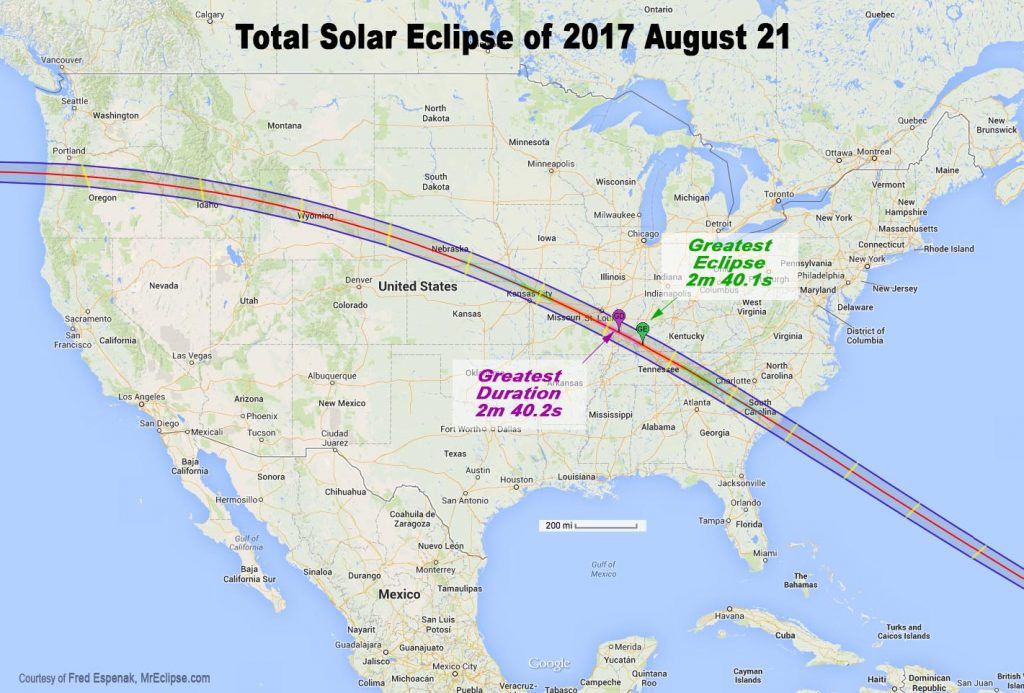On August 21, the Moon will block the Sun, as seen from North America and down through mid-South America. The Sun will be entirely blocked on a path that is about 60 miles wide. This path will go through parts of 14 states.
When I was in grade school, I remember working with a few other students to build a pinhole camera out of of cardboard. We stood with the sun at our back, while trying to look at the projected image on a second piece of cardboard. Here are some more modern ways to get students engaged with the eclipse.
Invite students to look at historical and primary sources about eclipses throughout history. Then compare that coverage with the news we see today. What is the same? What has changed? Student can record the similarities and differences as a Venn Diagram or in a Compare & Contrast Map.
“All Summer in a Day” is a science fiction short story by Ray Bradbury that was first published in March 1954. The story is about a class of school children on Venus, which in this story, constantly has rainstorms and the Sun is only visible for one hour every seven years. Invite students to make connections from the short story to this current eclipse. If you would like to engage more with the text, check out this lesson plan from ReadWriteThink.org.
In this lesson plan from ReadWriteThink.org, students listen to and discuss poetry that pertains to the study of astronomy and write their own poems to enhance their learning of the subject. As a final project, students use the ReadWriteThink Printing Press to compose original poetry books about astronomy.
What makes a shadow? Do shadows change? These and many other questions provide the framework for students to explore their prior knowledge about shadows as fiction, informational texts, and poetry. In this lesson, language arts skills are linked to the learning of science in a literacy-based approach to the study of shadows.
Will you be able to watch the eclipse? What are you planning to do with your students?

